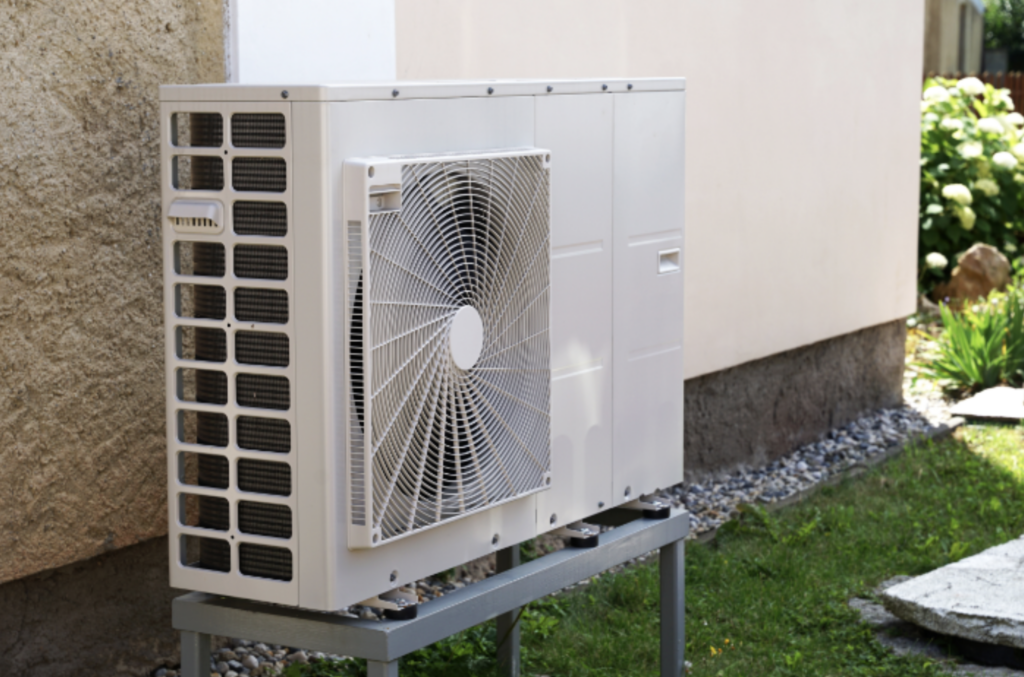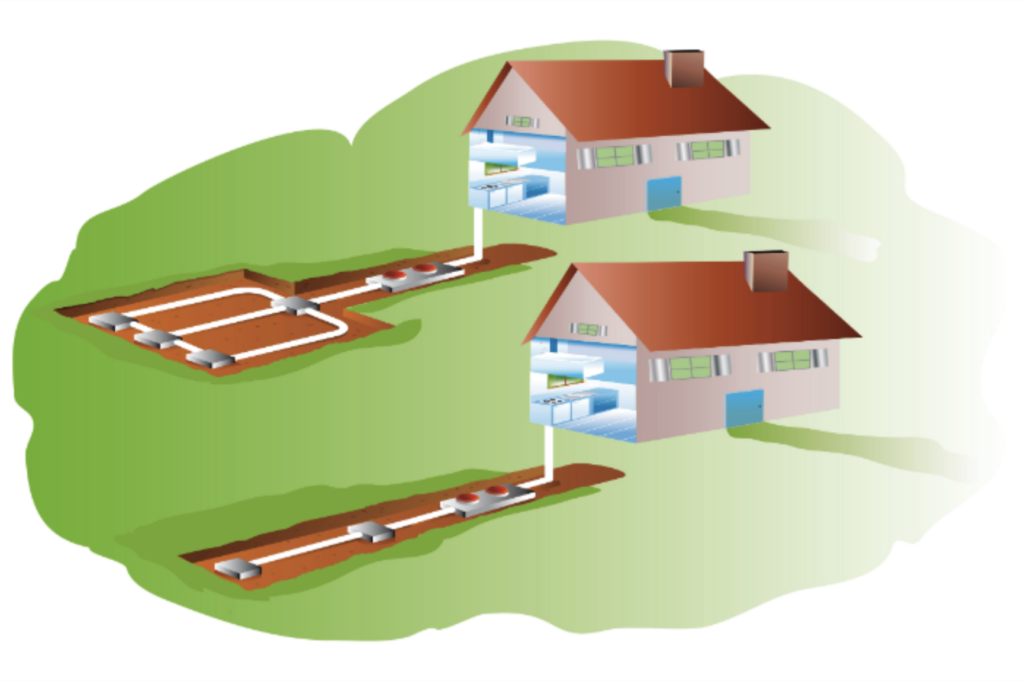The market is full of unlimited choices for heat pumps, each claiming to be the best in class, efficient, and cost-effective. Yet, it would help if you had a thorough professional house assessment to find the correct system for your home.
Overview

Heat can move from inside to outside during cooling mode and back again during heating mode thanks to the reversing valve. This system has two parts: one inside and one outside. They work together to change the air temperature by passing it over a special pipe filled with a cooling liquid.
Lifespan
Heat pumps work during freezing cold weather and efficiently heat. However, if your unit runs in cooling mode during summer, it might show common issues which require the need for an expert. With regular maintenance and heating repair in Gresham, your heat pump can last for around 20 years, depending on its use and the climate.
Cost
The cost depends on its size and efficiency. You can get the smaller and not-so-efficient models for around $3000, while the best and highly efficient models can go for $8000. Contacting a service professional in Gresham to take an assessment of your home or business will help you find the model that fits best.
Types of Heat Pumps
Ducted Air-Source Heat Pumps
It is an air-source heat pump, about three times more energy efficient than a furnace or AC. These heat pumps do not produce heat from combustion but circulate it throughout your home and keep it safe. Most homeowners use these heat pumps because of the additional advantage of a hot water supply. You don’t need to invest in a separate water heater.
Ductless Air-Source Mini-Split Heat Pumps
These are great choices if you can’t fit ductwork or only need a small separate system. A small, ductless add-on for houses with radiate panels and space heaters.
Geothermal Heat Pumps
These are the most energy-efficient and long-serving heat pumps, which can heat, cool, and even provide you with hot water. These are cleaner, quieter, and separate units that sustainably last a lifetime.

Geothermal vs Air Source Heat Pumps
Investing in a heat pump is a smart move for eco-conscious homeowners looking to ditch fossil fuels and slash energy bills. But with two main types – geothermal and air source – choosing the right one can be a bit daunting. Let’s break down the pros and cons of each, helping you navigate the geothermal vs air source heat pumps showdown.
Geothermal Heat Pumps: Earth's Constant Comfort
Pros:
- Unmatched Efficiency: Harnessing the Earth’s steady temperature, geothermal pumps boast 500%+ efficiency compared to air source’s 400%. This translates to significantly lower electricity costs year-round.
- Long-lasting Performance: The system is underground and protected from the elements. Geothermal systems enjoy lifespans of 25+ years, nearly double that of air source pumps.
- Geothermal pumps keep you comfortable all year round by efficiently heating and cooling, regardless of the weather.
Cons:
- Higher Upfront Cost: Installing the underground loop system requires excavation and specialized equipment, making geothermal pumps pricier initially compared to air source.
- The ground loop needs enough space, which may not work for homes with small yards or complicated landscapes.
- Geothermal installation is complicated and needs experts. It is more complex than installing air source pumps.
Air Source Heat Pumps: Affordable Breeze
Pros:
- Affordable choice: Air source pumps have lower costs and easier installation, making them budget-friendly for homeowners. Learn more about Energy Star rated products and rebates.
- Easy to Install: Air source pumps are easier and faster to install than geothermal systems because they only require outdoor unit placement.
- Widely Available: The simpler technology and installation make air source pumps broadly available and compatible with more homes.
Cons:
- Air source pumps are less efficient in extreme temperatures, which can result in higher energy bills.
- Shorter Lifespan: Exposed to the elements, air source pumps typically have lifespans of 10-15 years, requiring more frequent replacements than geothermal systems.
- Air source pumps work well in moderate climates but may not provide sufficient comfort in extremely hot or cold regions.
Geothermal vs air source heat pumps boils down to a question of priorities. If efficiency and long-term savings are important, geothermal would be your best choice. If budget and a simple installation are key factors, air source pumps provide a great alternative.
Think about both the good and bad points of each choice, and talk to a professional about your specific needs. That’s how you’ll find the perfect eco-friendly solution for your home!
The Efficiency of a Heat Pump
According to the US Department of Energy, heat pumps must have a minimum SEER rating of 13. The higher the SEER rating, the higher the price you have to pay. To find the most efficient heat pump within your price range, ask your HVAC expert to seek one with a SEER rating of 17 to 22.
The Bottom Line
Oxbow Heating & Cooling has been the leading heating repair in Gresham. To discuss the HVAC solution that’s right for you, contact us today.





